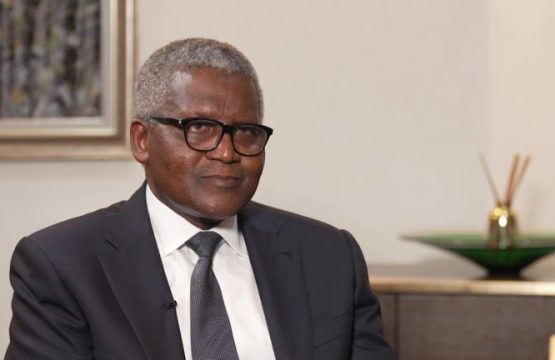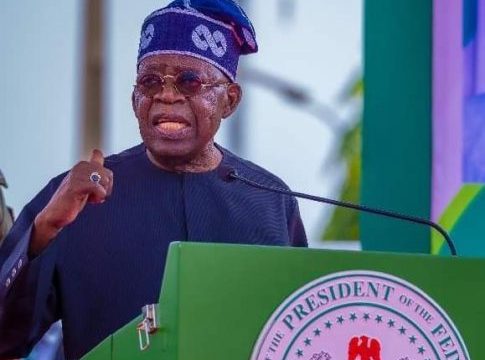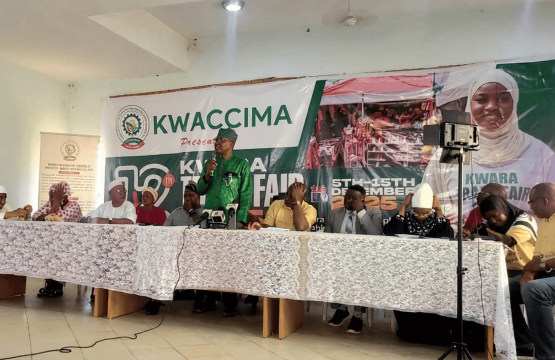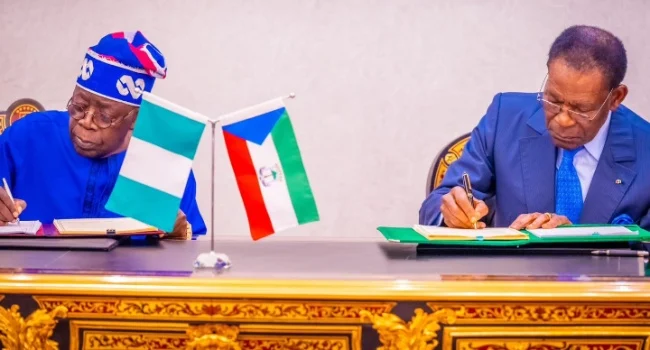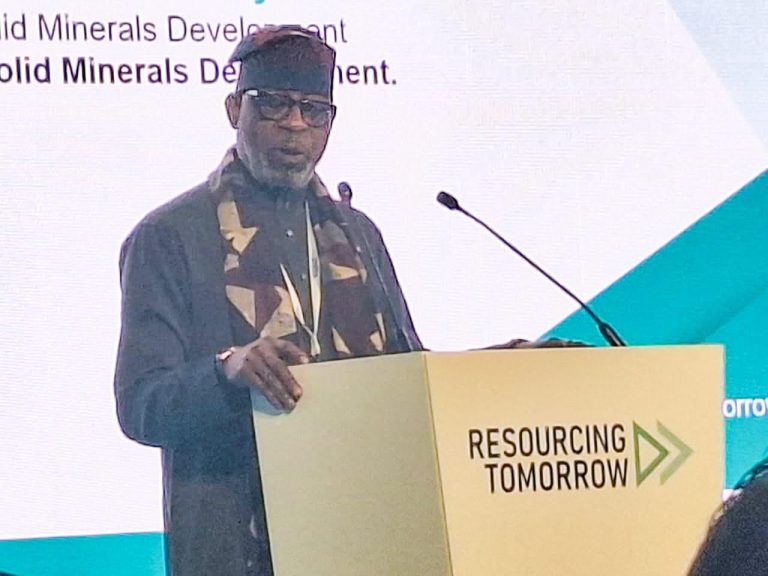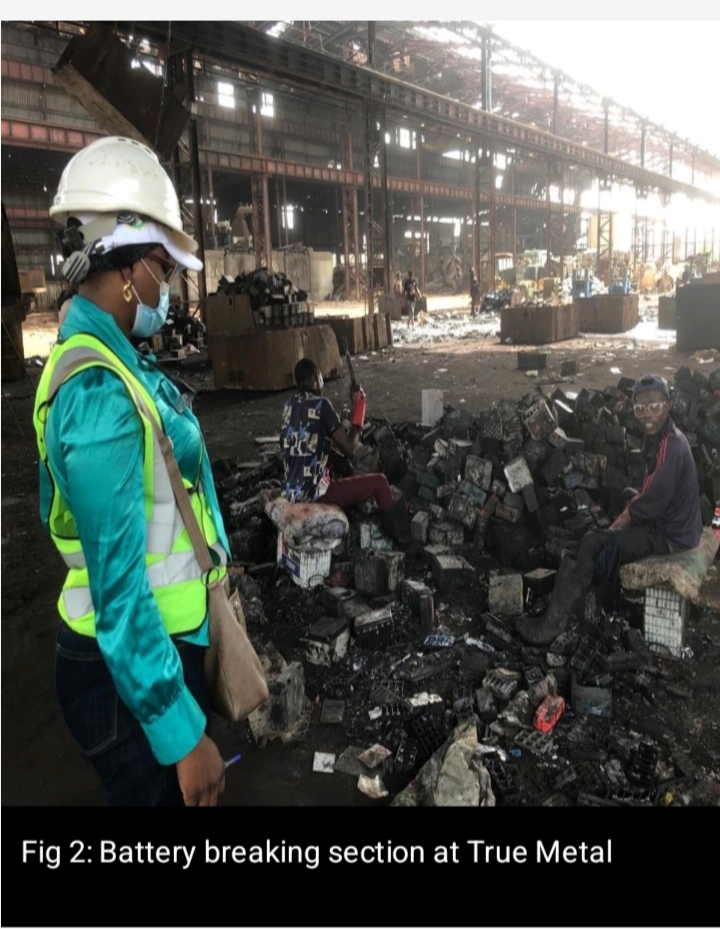(Industrial Times, Nigeria)
President Bola Tinubu’s discussions with the President Teodoro Mbasogo of Equatorial Guinean, resulted in a signed agreement on a gas pipeline for the Gulf of Guinea.
This is disclosed in a statement on Thursday, by Ajuri Ngelale, the president’s spokesman.
“The Gulf of Guinea gas pipeline project was signed on Wednesday, to further affirms the two nations’ partnership for mutual development,” said Ngelale.
The deal outlines plans for a pipeline, LNG facility feedstock and gas sales to power companies and industrial users, ensuring energy security and regional trade in West Africa
The deal follows a slate of milestones achieved, all of which aim to enhance feedstock for Equatorial Guinea’s GMH at Punta Europa on Bioko Island.
Commissioned in 2007, the facility was developed with the aim of monetizing gas resources in both domestic and regional fields. Initially, gas was processed from the Alba field, however, faced with natural declines, alternative sources are being developed. Specifically, energy producer Marathon Oil Corp. and energy major Chevron signed an agreement in 2023 with Equatorial Guinea to advance the next stages of the GMH.
The first phase was completed in 2021 with the tie-back of the Alen field to the facility, with first gas achieved that same year.
The second phase of the expansion project will involve processing gas from the Alba field under new contractual terms while the third phase will bring a new gas field online by processing gas from the Noble Energy-operated Aseng field. These consecutive phases directly address production decline in Equatorial Guinea while further positioning Punta Europa as a world-class hub for the monetization of local gas.
Concurrently, Equatorial Guinea signed a bilateral trade agreement with Cameroon in 2024 to mobilize transborder wet gas fields. The countries agreed to jointly develop oil and gas projects along their shared maritime borders, including the Yoyo and Yolanda fields, the Etinde gas field, the Camen field and the Diega field.
The recent deal with Nigeria will further consolidate the Equatorial Guinea’s role as a regional infrastructure hub, boosting production and export capacity while monetizing stranded reserves in Nigeria.
The agreement covered legislative and regulatory measures for the gas pipeline, establishment and operation, as well as transit of natural gas, ownership of the gas pipeline, and general principles.
In his remarks, Mbasogo said that the bilateral relations with Nigeria over many years have been rewarding but there is a need to deepen cooperation across salient areas.
The president of Equatorial Guinea also said Africa’s vision of having a permanent seat in the security council of the United Nations is vital for the development of the continent, affirming that Equatorial Guinea will collaborate with Nigeria to achieve this objective.



